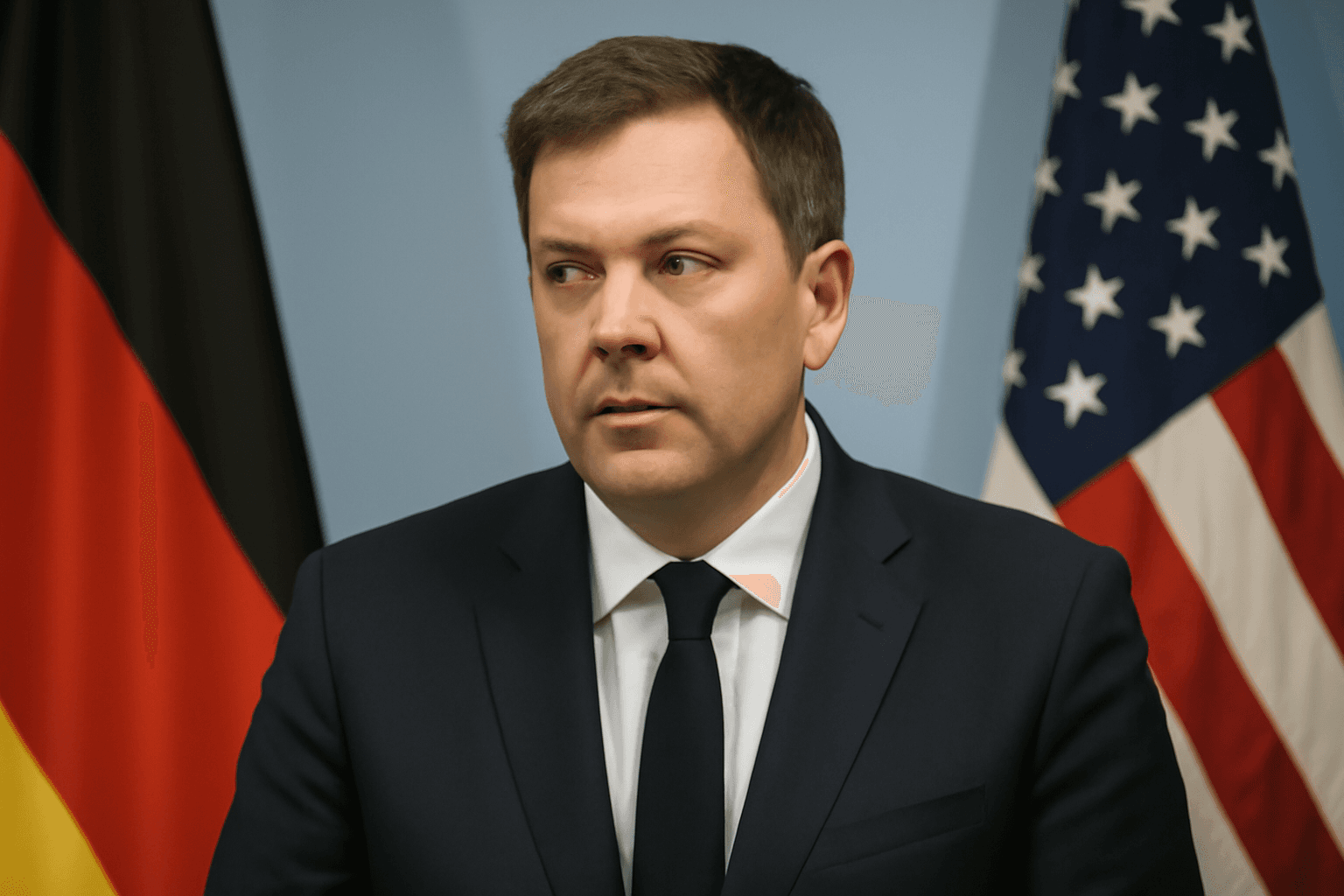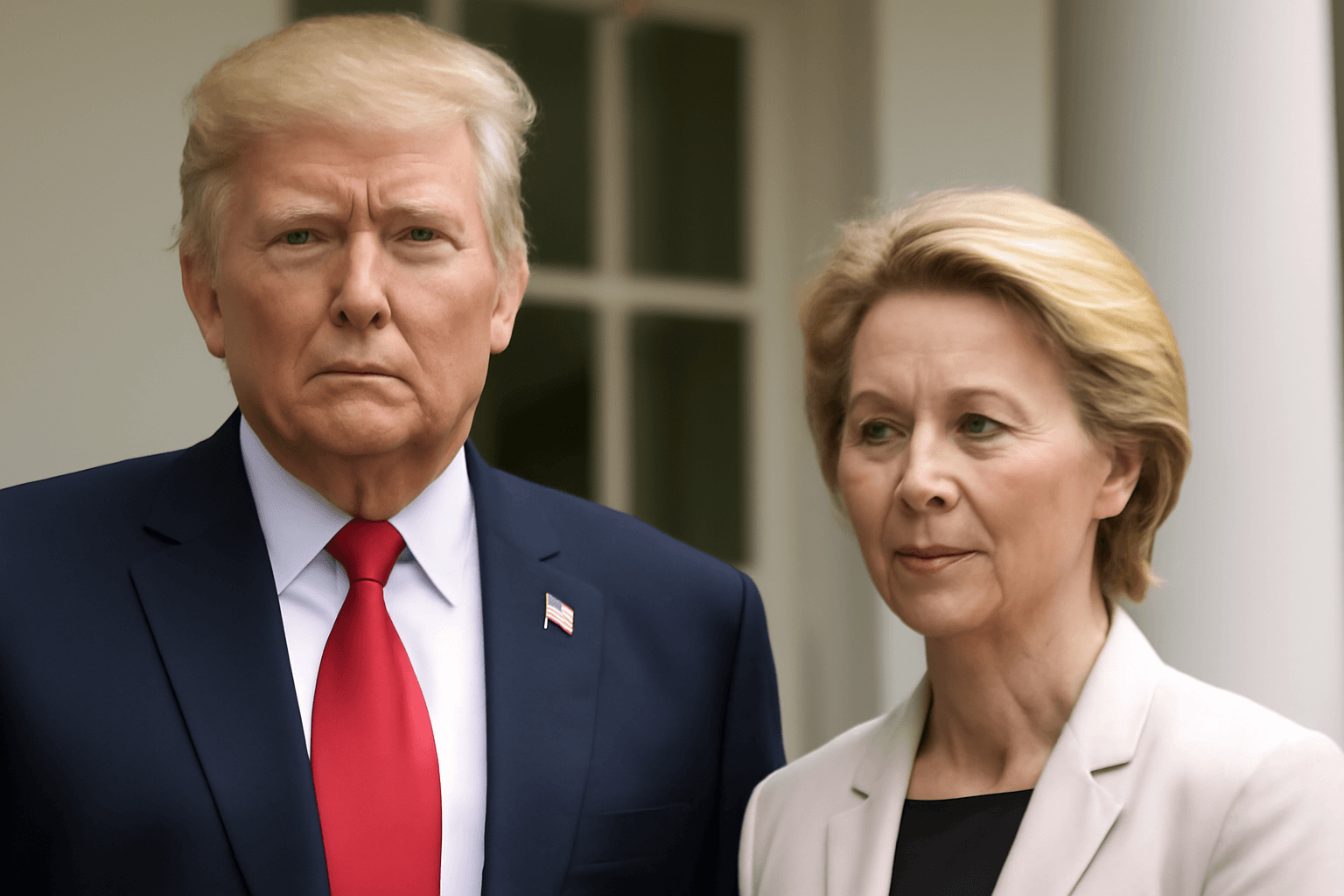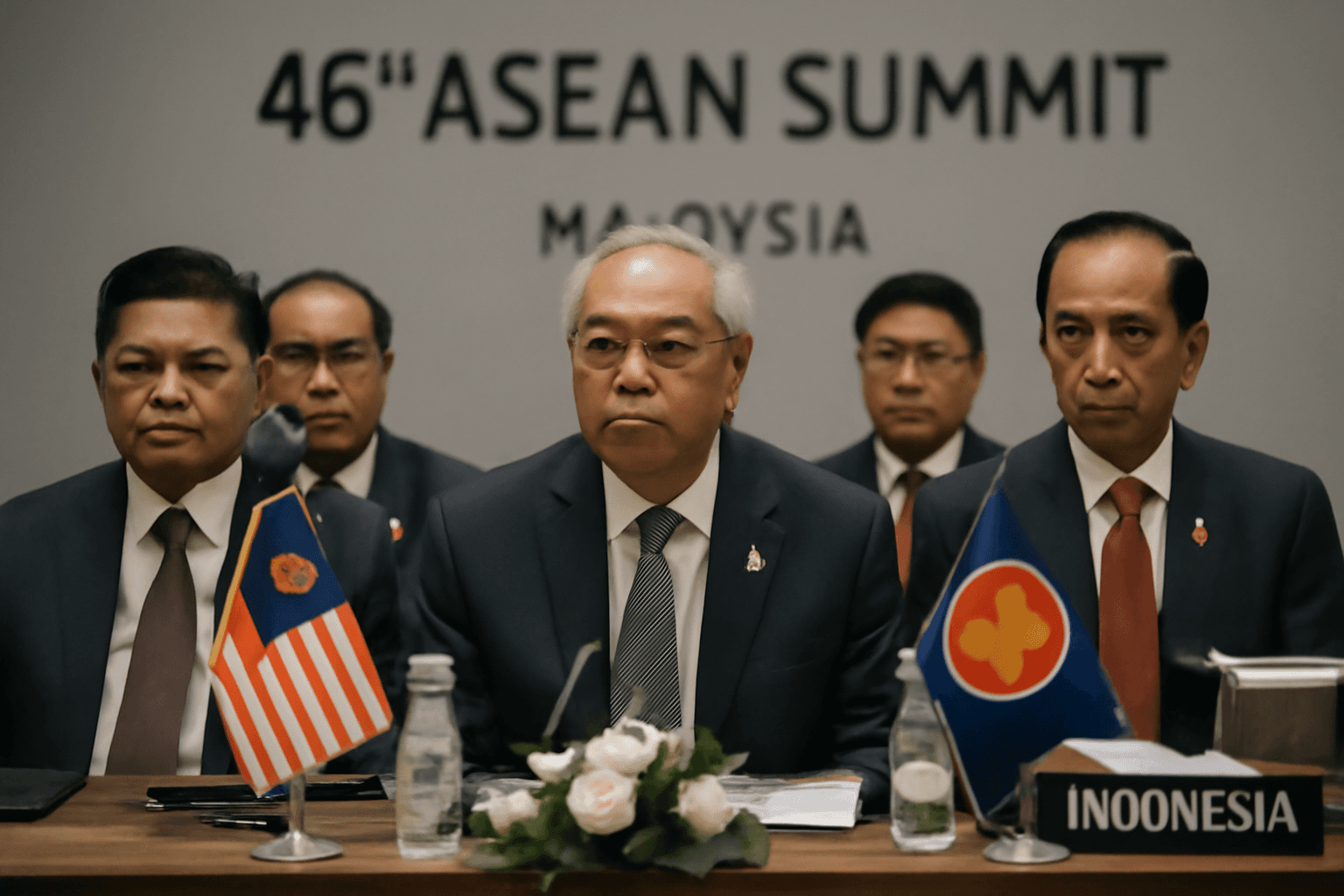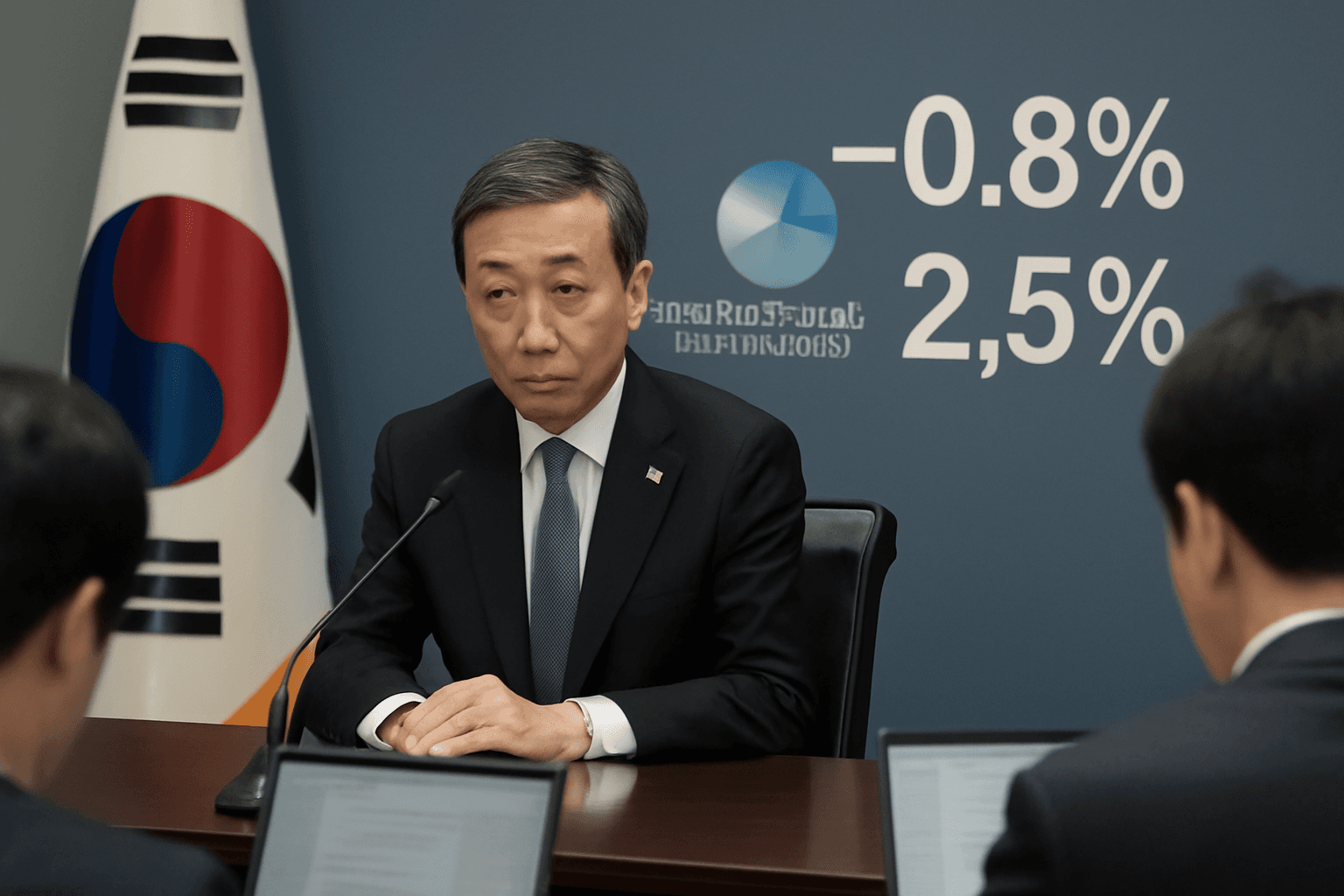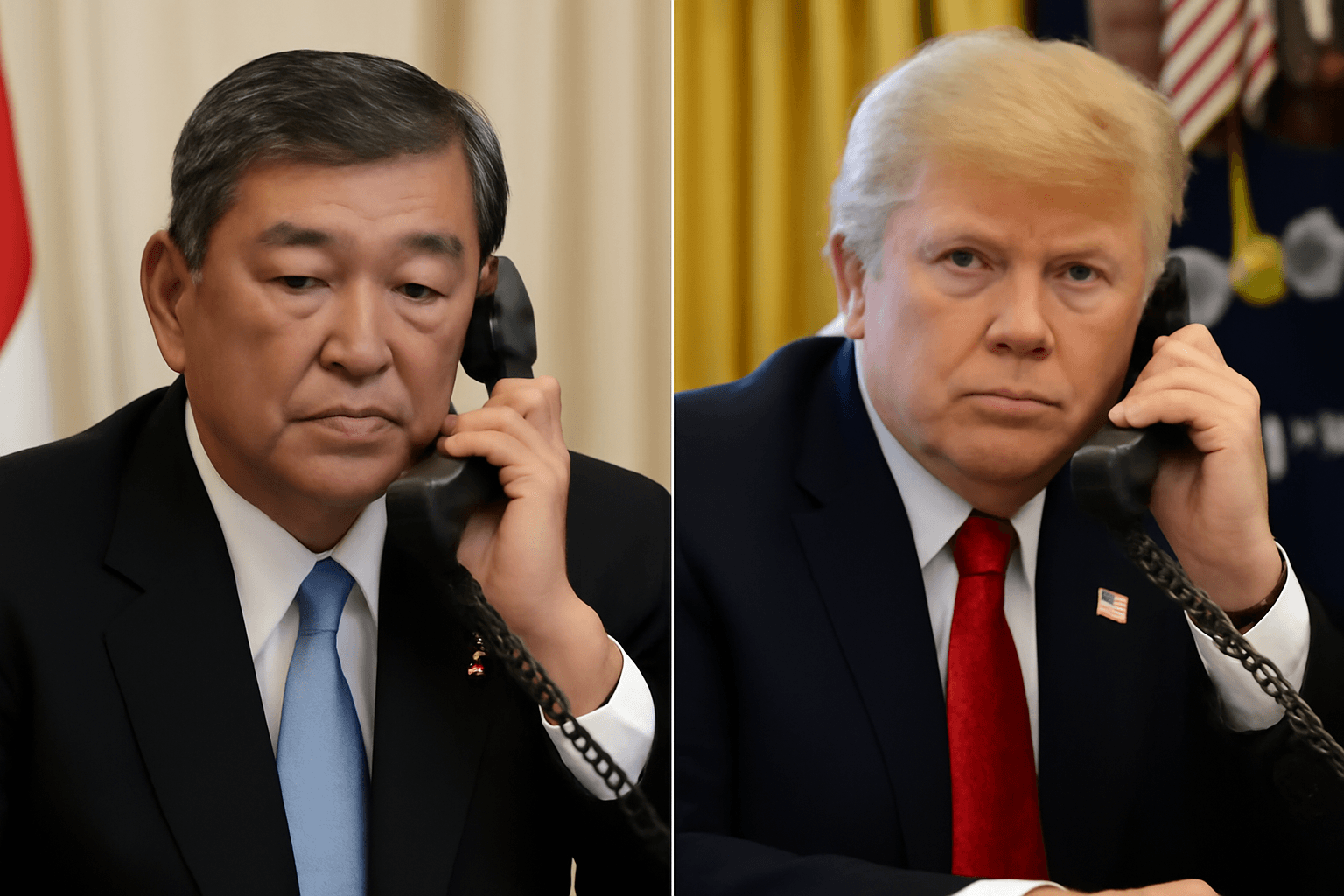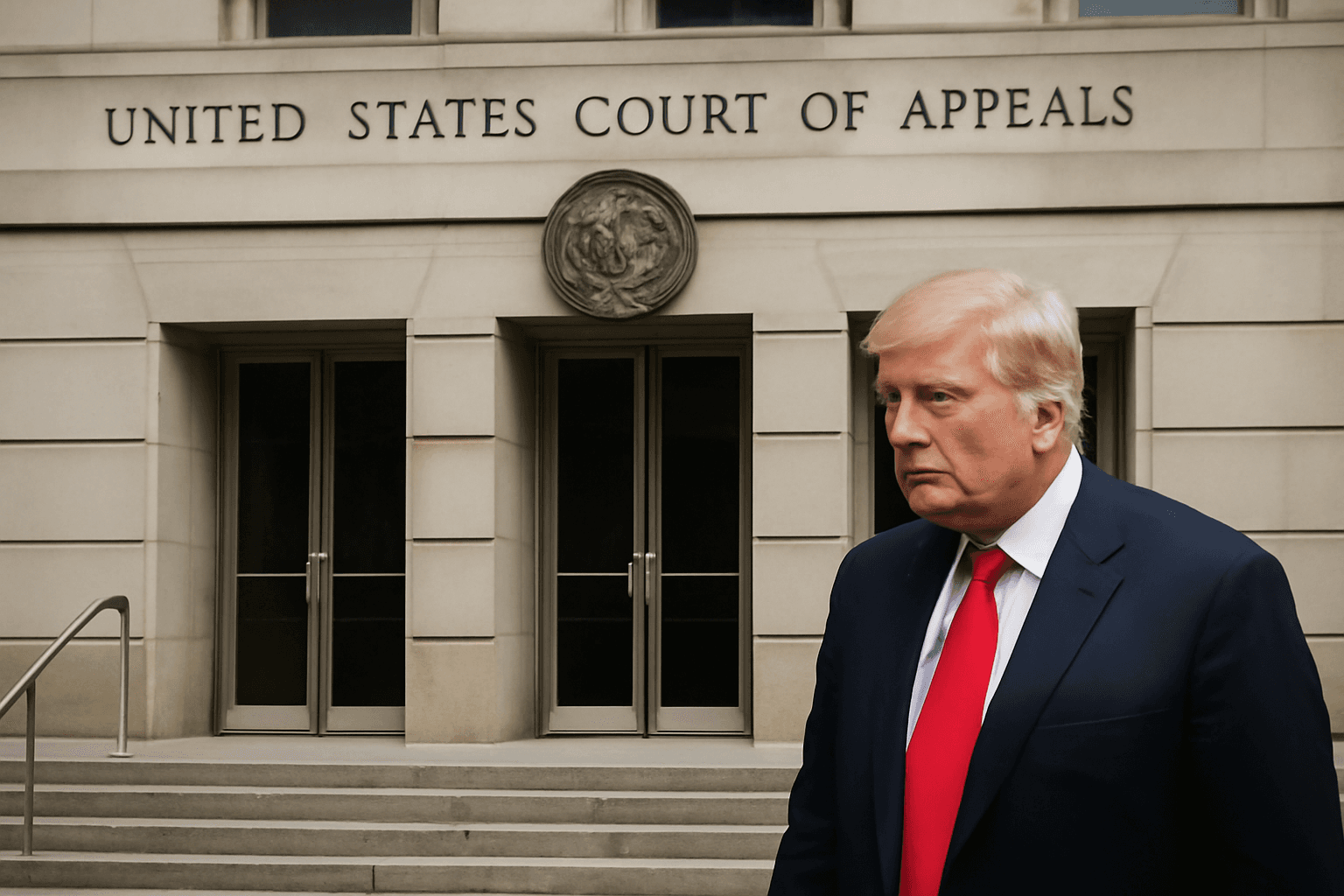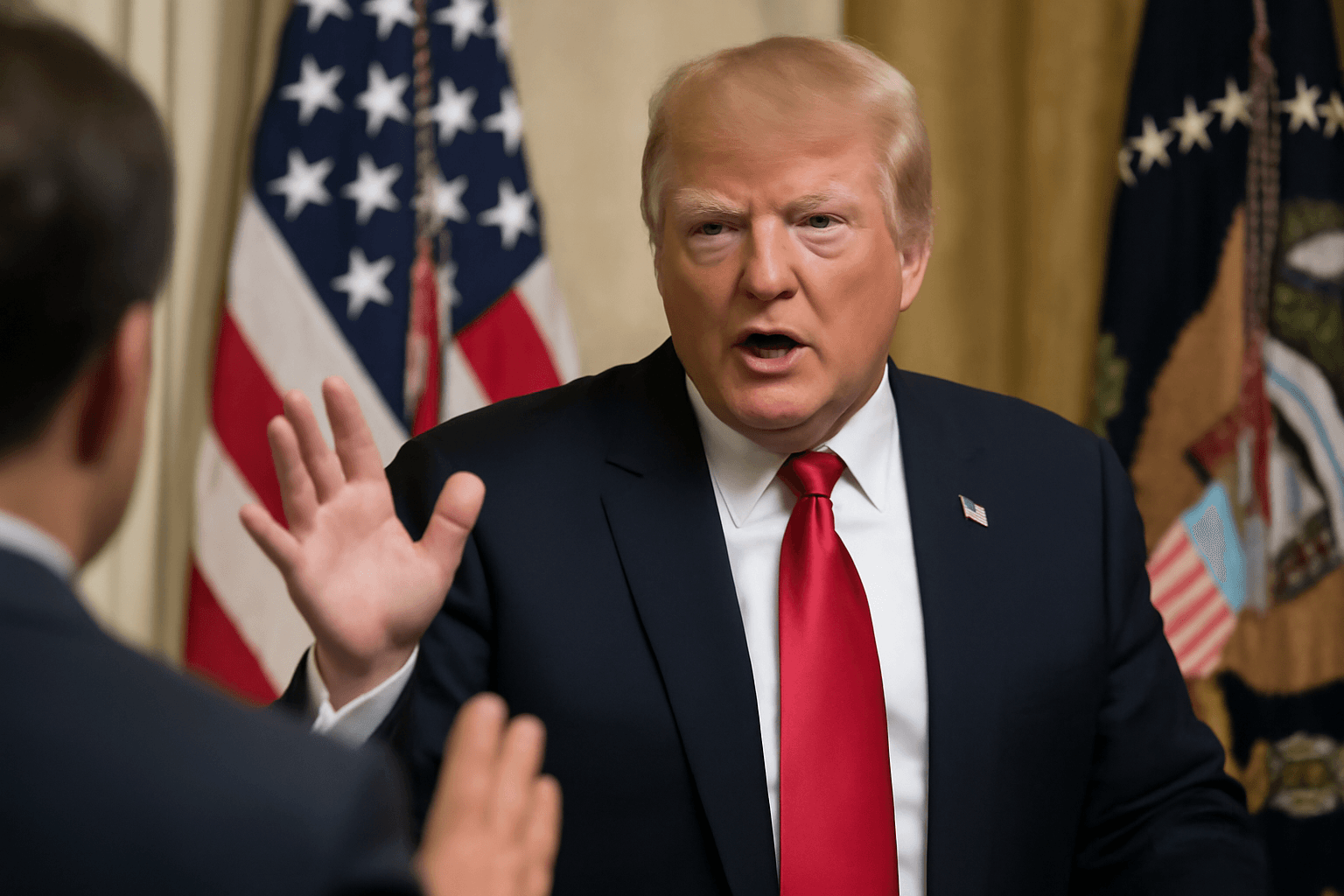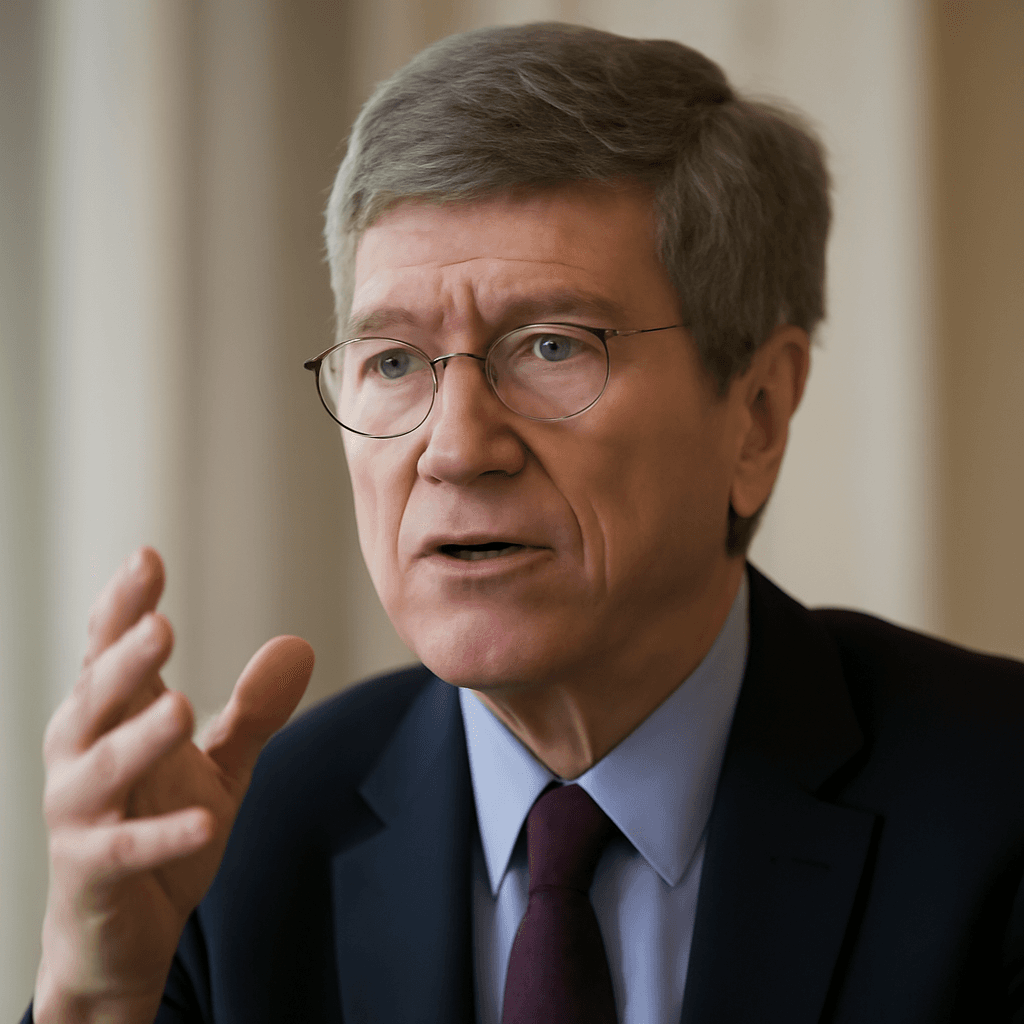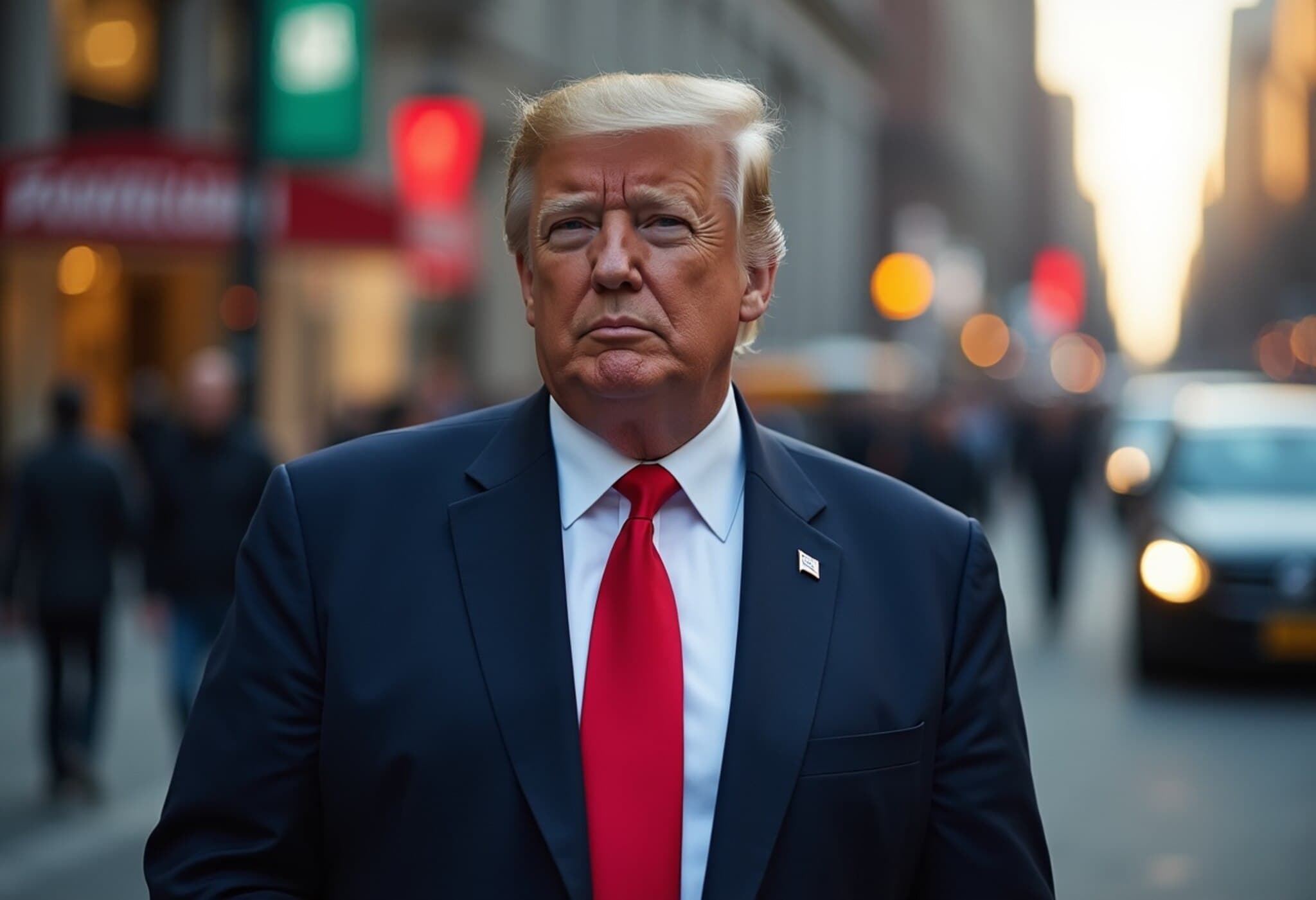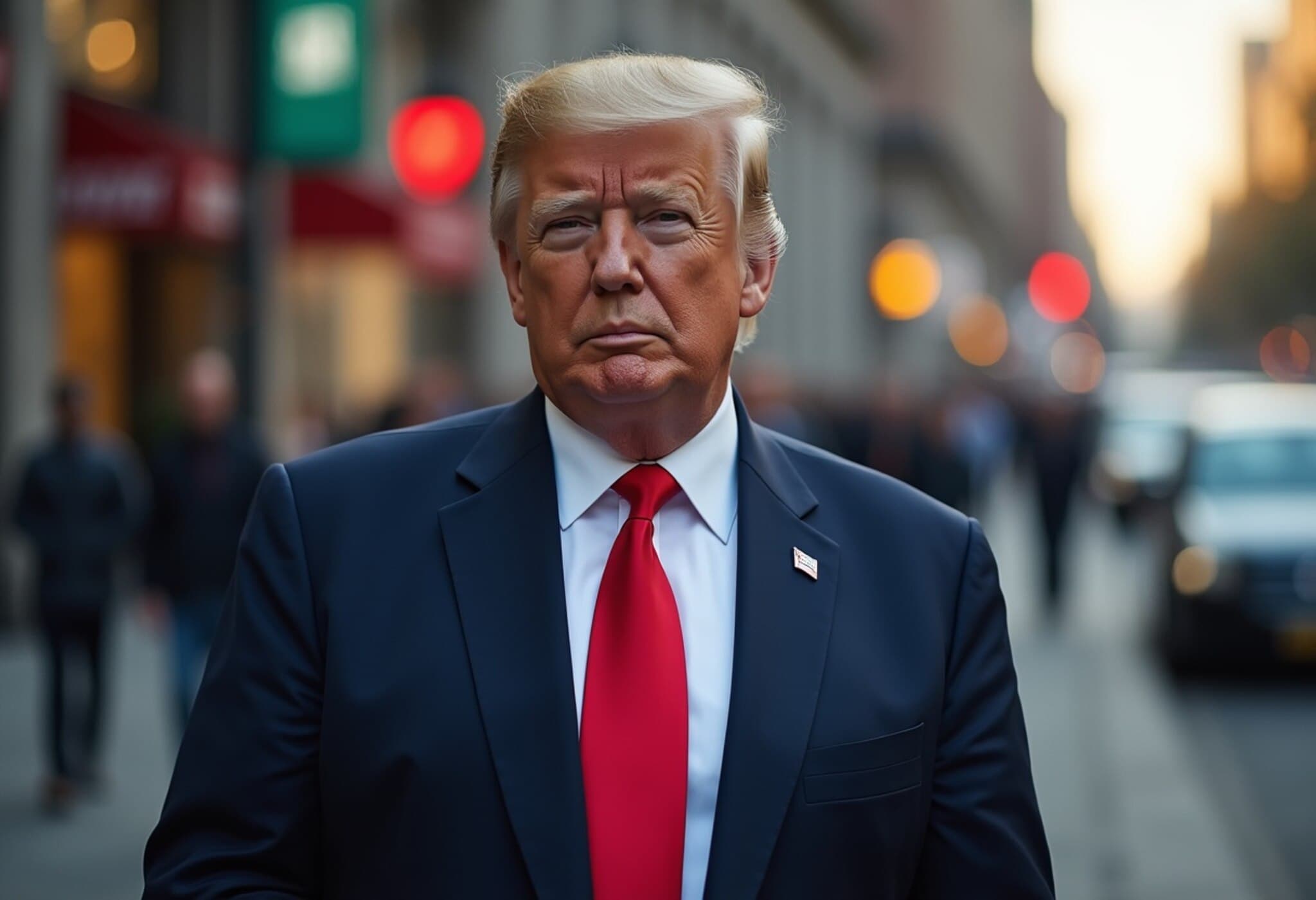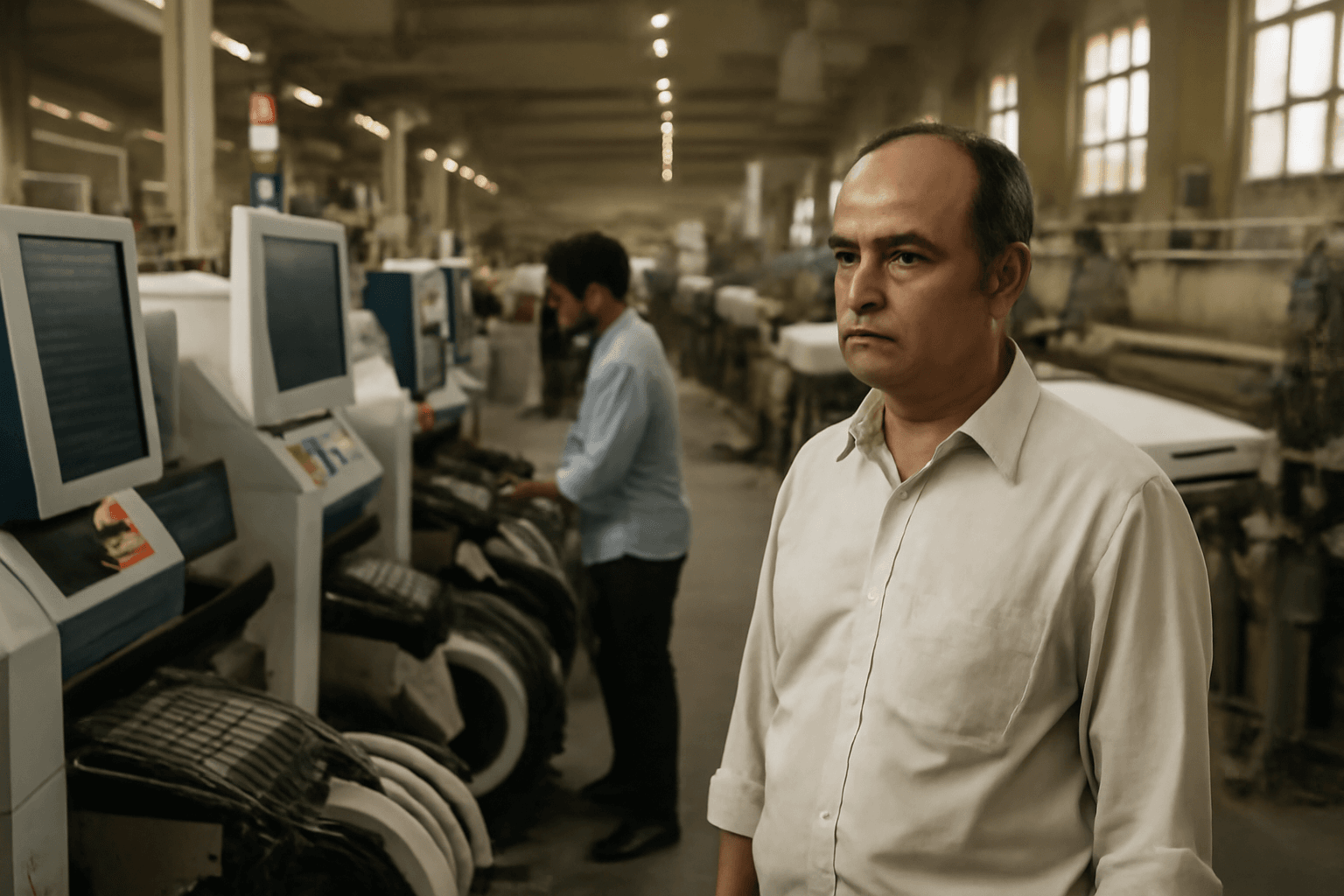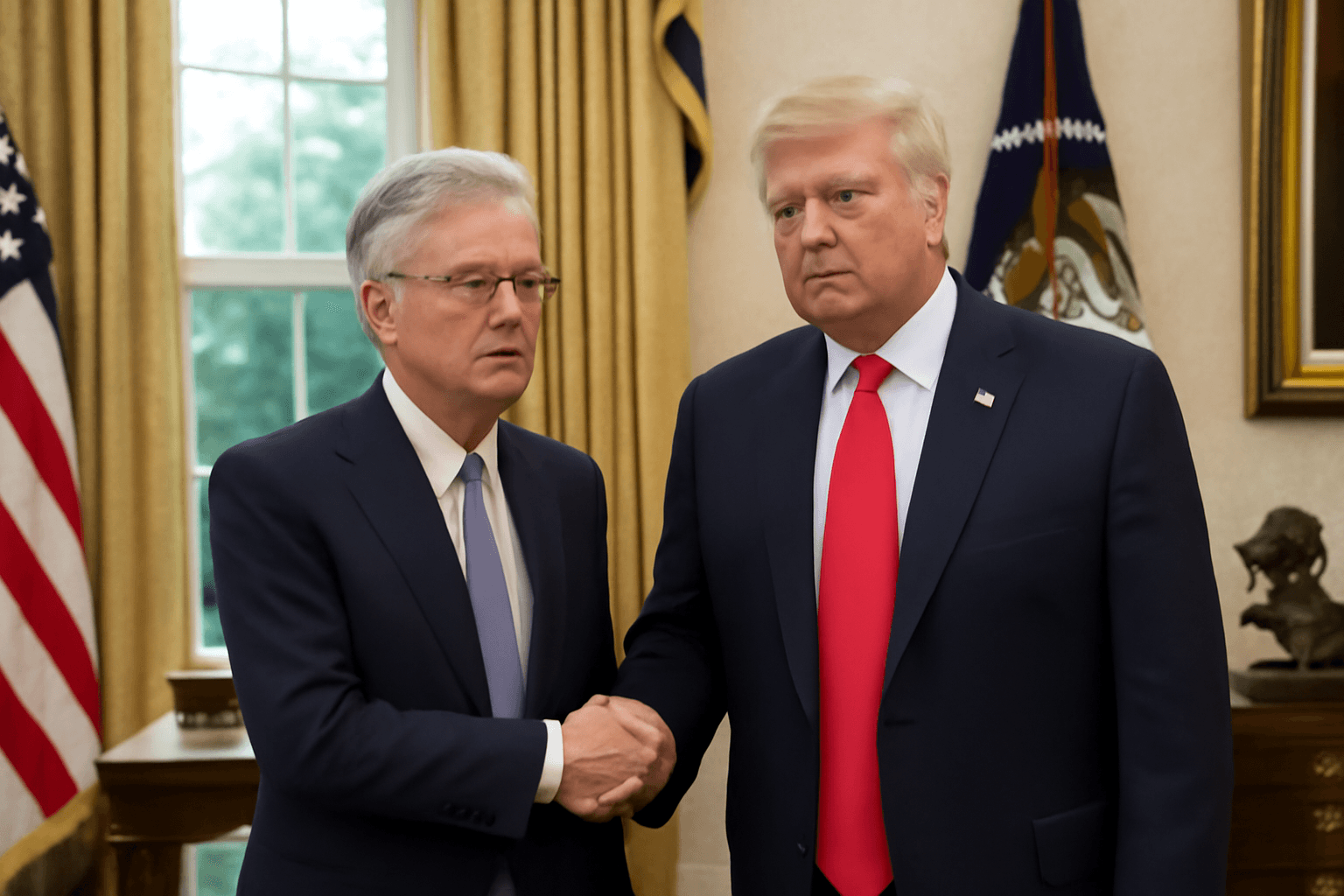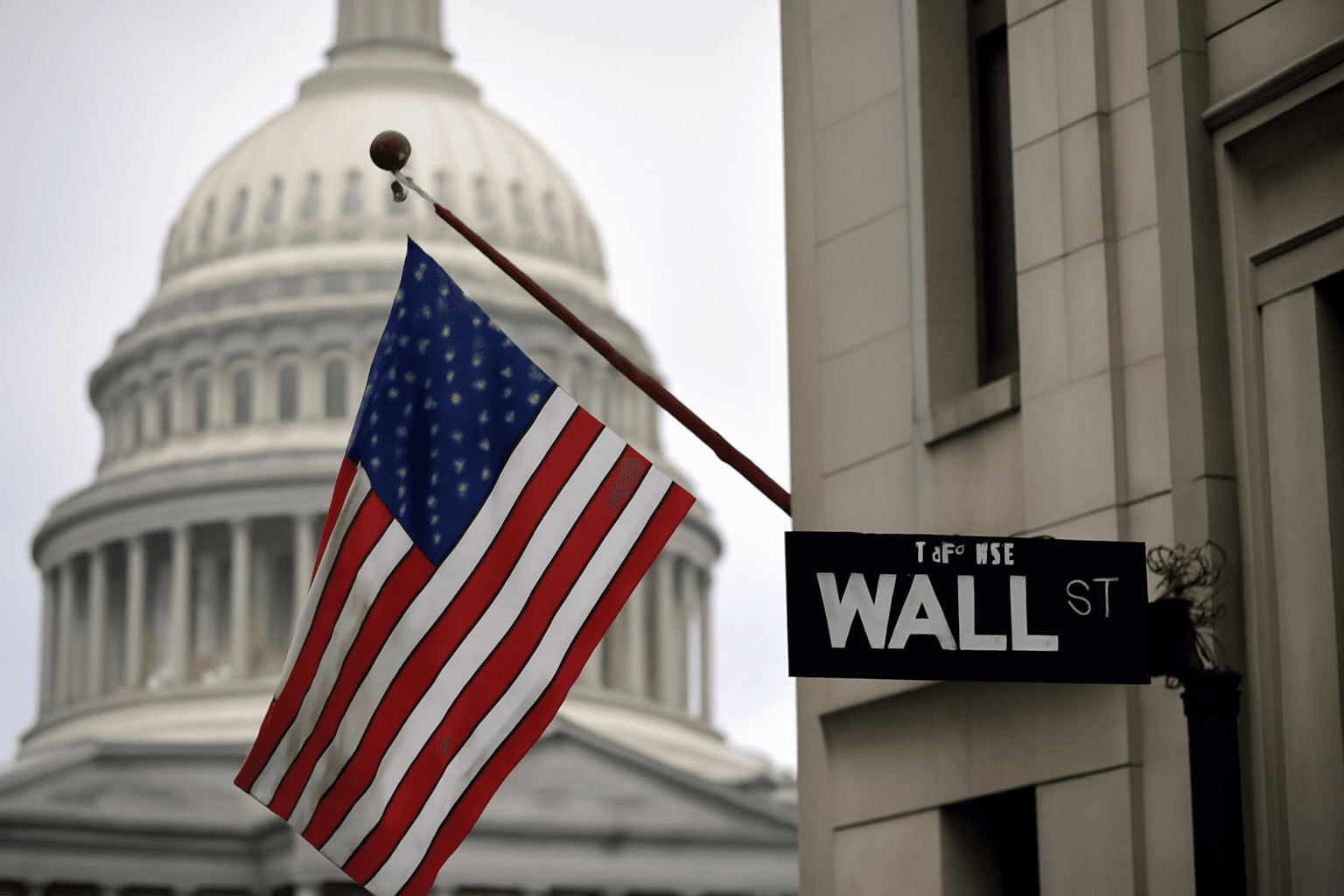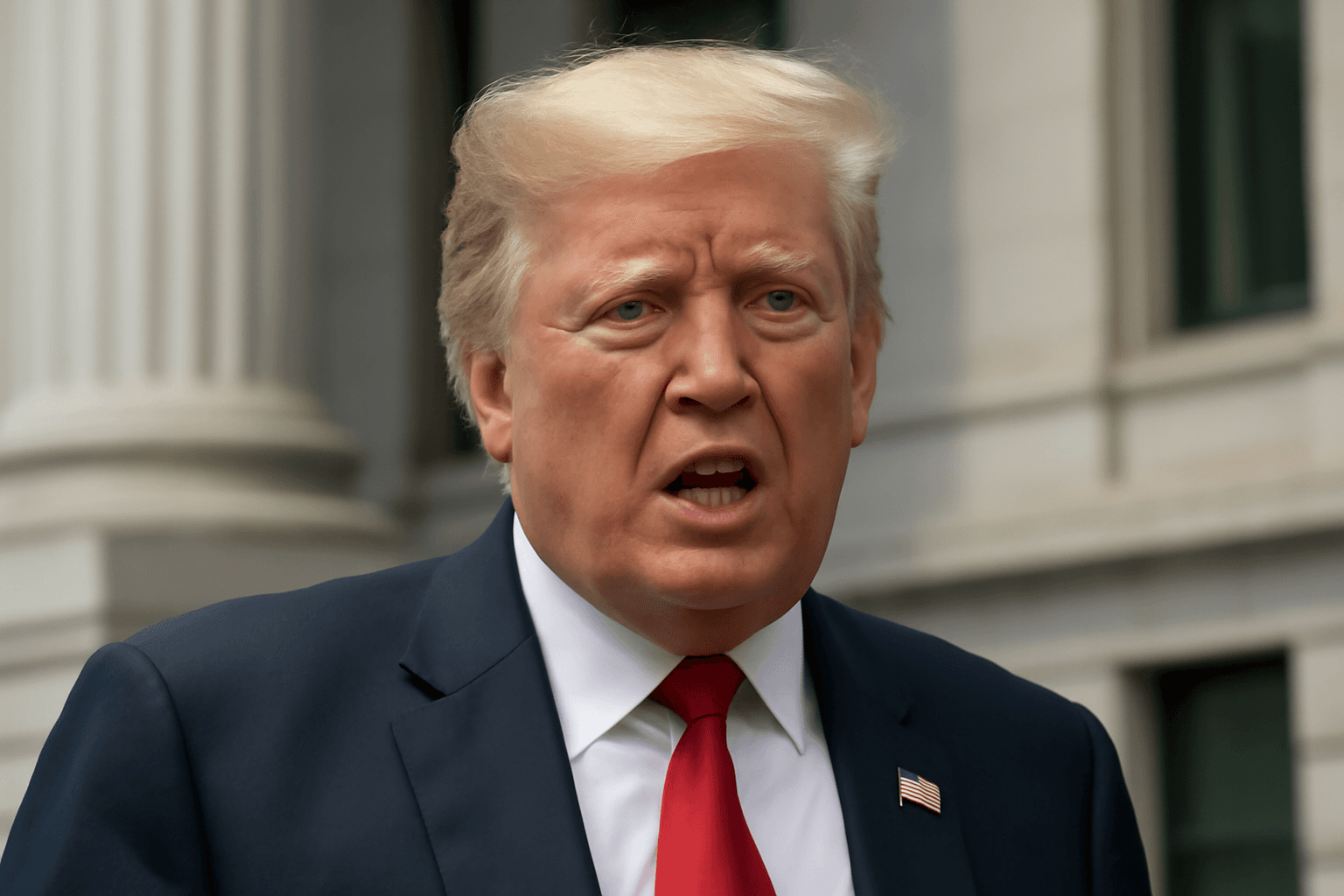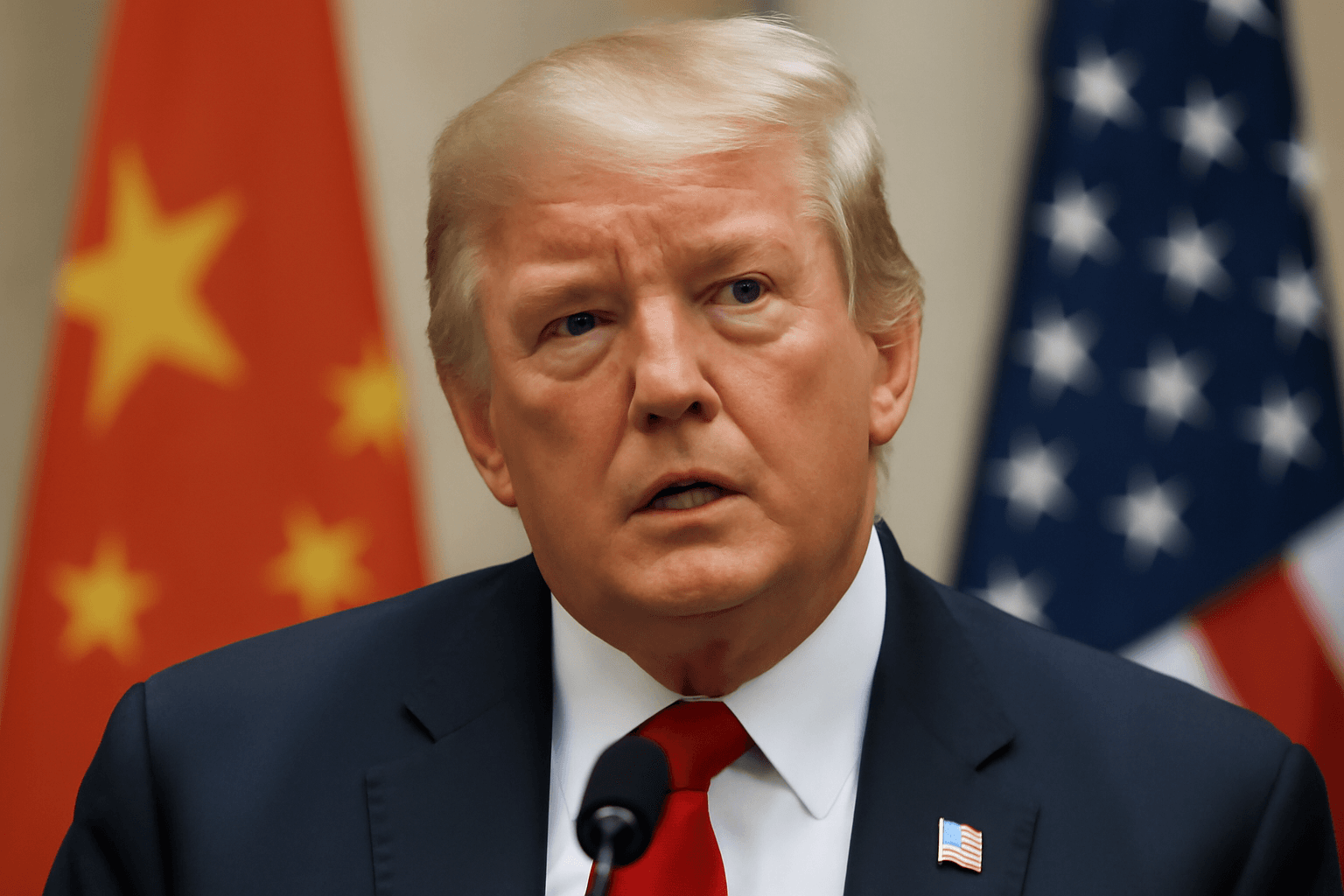German Finance Minister Lars Klingbeil emphasized the importance of a swift resolution to the ongoing trade tariff dispute between the United States and the European Union. Speaking to German public broadcaster ARD, he highlighted that both economies share an interest in addressing the issue promptly.
In recent developments, former President Trump reignited tensions by proposing a 50% tariff on goods imported from the 27-member European Union, effective June 1. This suggestion comes after a period of heightened market instability, prompting the White House to pause many of the tariffs previously set in early April.
Klingbeil noted that Germany was the largest exporter within the EU to the US last year, with exports valued at 161 billion euros ($183 billion). He underscored that such tariffs could pose risks not only to the German economy but also to the US economy.
“Instead of reacting defensively, we should concentrate on the broader implications. A collaborative resolution is vital, and it is also in the US's best interest,” Klingbeil stated.
Data from the US regarding the strength of the dollar and government bonds indicate a compelling reason for the US to seek cooperation with Europe. The finance minister pointed out that even after the recent tariff announcements, a 10% baseline tariff remains in place for most imports, and the previously proposed 145% tax on Chinese goods has been cut to 30%.
The potential implementation of a 50% tariff on EU imports could lead to increased consumer prices in the US, particularly affecting sectors like automotive, pharmaceuticals, and machinery, with significant repercussions for US consumers.

